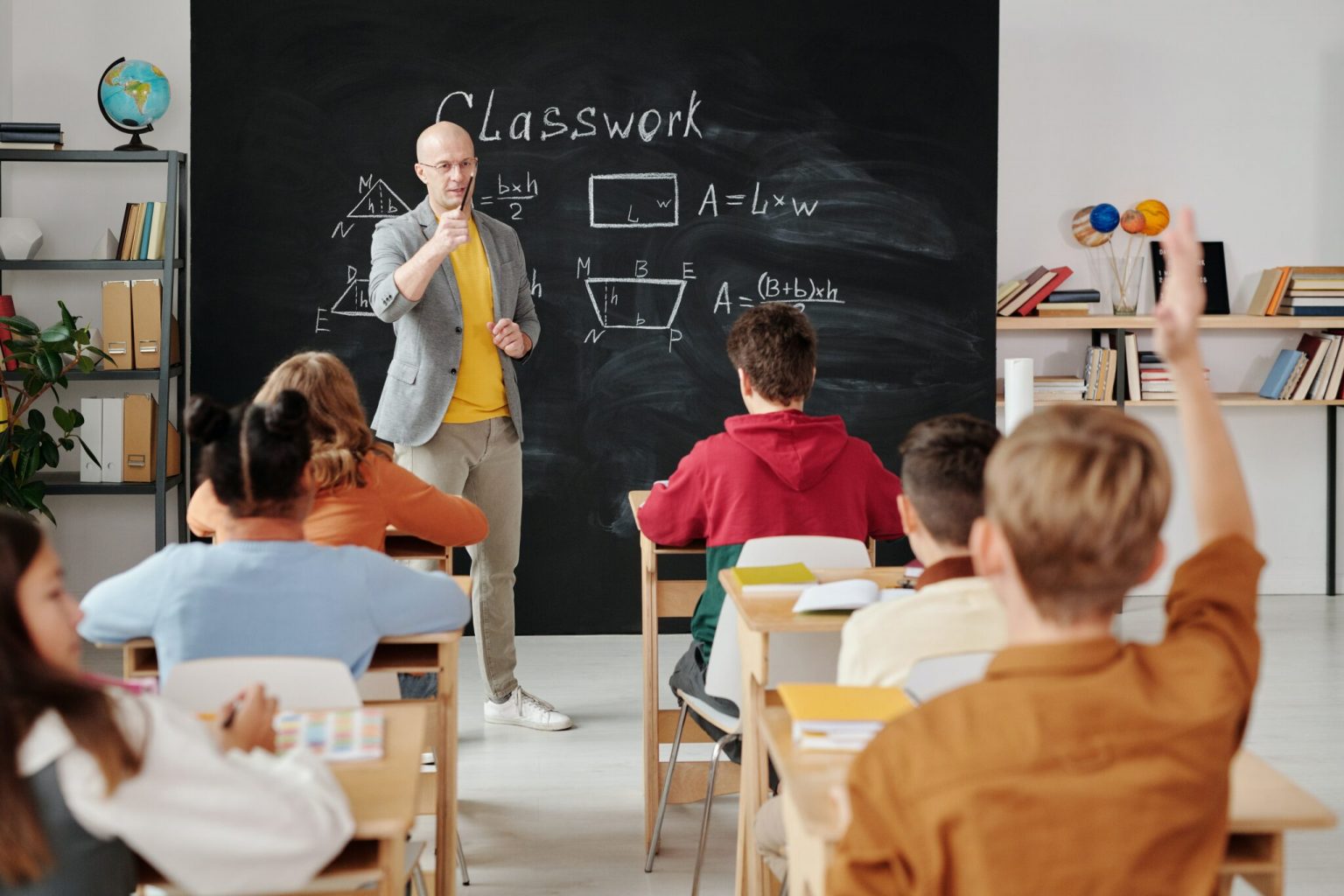What do you understand by communication skills?
To talk about the communication skills of a person means their ability to express their ideas clearly to others; their ability to make another person understand what they are saying. Effective communication skills are crucial for any situation we find ourselves in. It’s important to know how to speak to people respectfully, at the same time as being clear and concise.
Even so, we should emphasise that a person’s communication skills depend largely on their areas of knowledge. An expert in politics will be able to communicate very skilfully on this topic, but they may have less to say on the subject of biology. That’s why, if you want to learn to communicate with in a professional way on a topic, the best thing you can do is learn as much as possible about it.
Despite this, it’s also important to develop effective communication skills generally, to learn how to communicate anything clearly. There are several ways to improve your communication skills, which are worth working on. These include active listening, being clear, being empathetic, using non-verbal communication and being assertive. These are things that should be worked on at every educational level, especially those where communicational skills are still developing.
At what educational level do communicational skills start to develop?

A person’s communication skills continue to develop throughout their life. There is no doubt that the early years are the most important and where there is the fastest progress, but it doesn’t mean this stage is more important than later ones. Still, we should point out that learning how to communicate well in the early years is vital. If this isn’t taught correctly, a child can experience difficulties at later stages.
Despite this, they won’t totally develop their communicational skills until secondary school. It’s during this stage that young people start to develop the communication style that they will use as adults, which is why there should be more emphasis on this during these years. Not being taught communication skills properly at this stage can lead to poor ability to express themselves when they are adults. This education should come from two places: from home, through communication with their parents, and from their educational setting, through subjects and classes.
On the other hand, schools should put an educational system in place that rewards students for participating. By doing this, students will interact with their teachers, which is a very effective way of strengthening, as well as assessing, their ability to communicate.
Communication skills in higher education
Although this isn’t the most vital stage to teach communication skills to young people, it’s the final stage of their development. This makes it the last educational stage which can have a bearing on students’ communicational skills. At this point, communication within the family tends to take a backseat, which is why it’s important for educational settings to look for any gaps in communication that their students might have. On the other hand, in contrast to secondary education, higher education students tend to take more interest in developing their communication skills.
This is why the schools can put more theoretical methods in place to strengthen their students’ communication skills, such as the concepts of bias and fallacy, or working on the principles of non-verbal communication. Getting group dynamics going is also very useful.
Working in a team is one of the most effective ways of naturally boosting someone’s communication skills. On the other hand, encouraging students to participate in class is also recommended. A very effective way is encouraging debate among students, getting them to take a concrete stance and countering it against that of another student.
Epitech
At Epitech we believe it is vital to keep a careful eye on this so our students develop acceptable communication skills. It is a skill that’s relevant for any situation in life. Especially in the work environment it is necessary to communicate in a professional manner. This is why, in our Computer Science Bachelor’s Degree, we have a system where group work is especially relevant and where a dialogue between pupil and teacher is encouraged. Furthermore, we also ensure that all our students undertake internships in businesses. In this way our students not only gain experience in the communication skills workplace before finishing their degree, but they also leave their comfort zone and get used to interacting with professionals in the industry, who represent the role they will have in the future. For more information on our ways of teaching, contact us!


